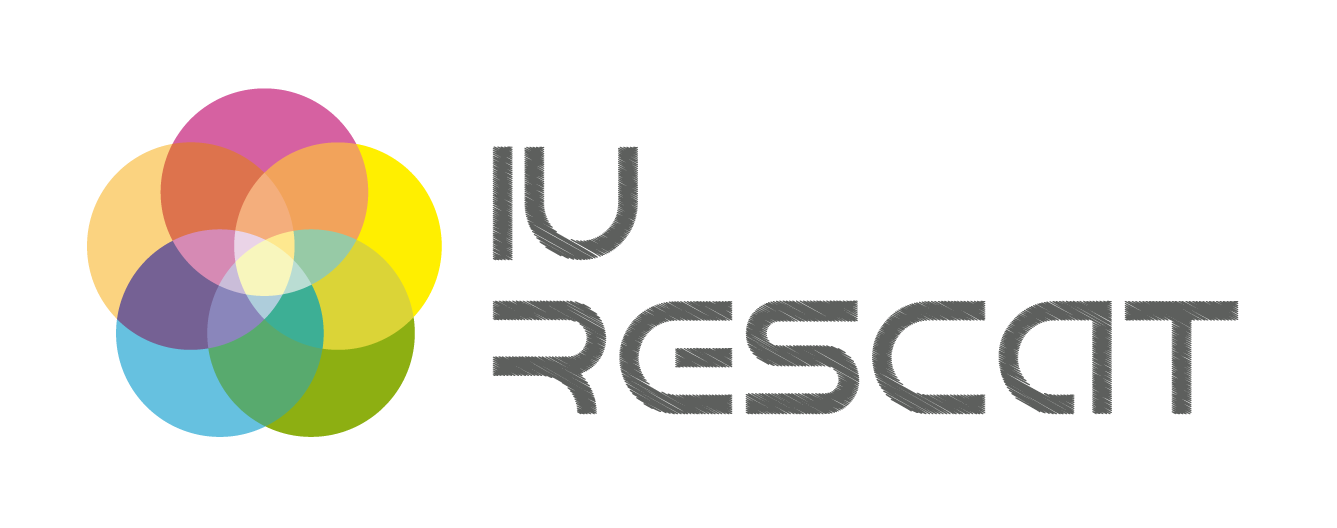
- Roadmap for the Energy Transition in Reus
Pilot initiative (2024-2025)
The project aims to develop an Energy Transition Roadmap for Reus. The results will guide the policies and actions to be implemented in the short term (2025 and 2030), and indicate medium term needs (2030-2040).
In the project, Reus serves as a pilot initiative within the Metropolitan Area of Camp de Tarragona and at the provincial level. The proposal is intended to be not only a localized intervention but also to be replicable and scalable for other municipalities within and outside the metropolitan area. It aims to enhance synergies and increase integrated territorial development, thus facilitating the management and implementation of innovative and sustainable urban policies on a wider scale.
- C2RISK
C2RISK METHOD FOR THE MANAGEMENT OF STRUCTURAL AND INFRASTRUCTURE RISK INFLUENCED BY CLIMATE CHANGE (2024-2025)
In an era of increasing climate challenges, this initiative focuses on improving the resilience of train stations, given that they are vital infrastructure nodes, crucial to economic stability and societal well-being. We aim to develop a sophisticated software suite, including an algorithm to assess the vulnerability of these stations to climate change, integrating DNSH criteria to promote sustainable practices.
Led by IU, the project includes the creation of a jointly developed vulnerability index and a comprehensive tool for real-time vulnerability analysis, aligned with ongoing urban climate data from the C2Risk infrastructure. With a structured work plan spanning 24 months, this initiative aims to ensure that railway stations can withstand climate extremes, ensuring uninterrupted operations and improving community resilience to climate threats.
- Capacity Building in Crop Calendars
COLLABORATION TO IMPROVE THE CAPACITIES OF SELECTED NATIONAL METEOROLOGICAL AND HYDROLOGICAL SERVICES IN THE CONTEXT OF THE CLIMATE RISK INITIATIVE AND EARLY WARNING SYSTEM (CREWS) PROJECTS IN WEST AFRICA AND THE ENANDES PROJECT IN SOUTH AMERICA (2023-2024).
The pursuit of Zero Hunger by 2030 faces significant challenges, particularly in regions that rely on subsistence agriculture that is sensitive to climate variations.
Tools have been developed in collaboration with the World Meteorological Organization to support agricultural decision-making, facilitated by the Climate Risk and Early Warning Systems (CREWS) in West Africa and the ENANDES project in South America.
These initiatives have produced meteorologically based crop calendars using rainfall data to determine optimal planting and harvesting times in agro-climatic zones.
By incorporating training visits, these projects improve local capacities, ensuring sustainable agricultural practices and improved food security in the face of climate change.
